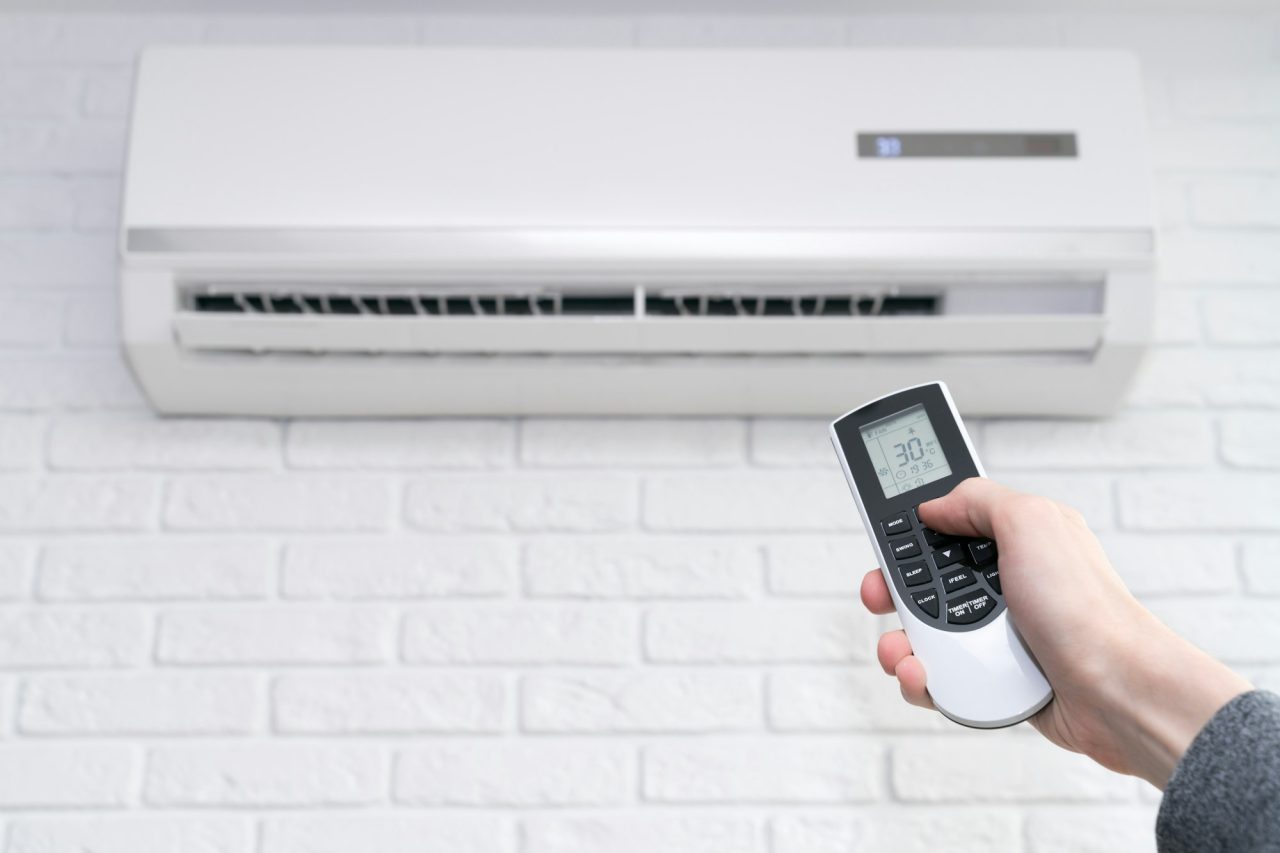Introduction
As the world continues to grapple with the challenges of climate change and rising energy costs, finding efficient and sustainable heating solutions has become paramount. Heat pumps have emerged as a revolutionary technology, offering numerous advantages over traditional heating systems. This article explores the myriad benefits of using heat pumps in heating systems, highlighting their efficiency, environmental impact, cost-effectiveness, and versatility.
1. Energy Efficiency
One of the most significant advantages of heat pumps is their remarkable energy efficiency. Unlike conventional heating systems that generate heat by burning fuel, heat pumps transfer heat from one place to another, requiring much less energy.
- A typical heat pump can produce three to four units of heat for every unit of electricity consumed, making them 300-400% efficient.
- This high efficiency translates to substantial energy savings and lower utility bills for homeowners.
2. Environmental Benefits
Heat pumps are environmentally friendly alternatives to fossil fuel-based heating systems. Since they use electricity to move heat rather than burning fuel to create it, they significantly reduce greenhouse gas emissions.
- In regions where electricity is generated from renewable sources such as wind, solar, or hydro, the environmental benefits are even more pronounced.
- By lowering carbon footprints, heat pumps contribute to a cleaner and more sustainable future.
3. Cost Savings
While the initial investment for a heat pump system can be higher than traditional heating systems, the long-term cost savings are considerable.
- The high efficiency of heat pumps results in lower operational costs.
- Many governments offer incentives and rebates for installing energy-efficient systems like heat pumps, which can offset the initial installation expenses.
- Over time, the reduced energy bills and lower maintenance costs make heat pumps a financially sound investment.
4. Versatility and Comfort
Heat pumps are incredibly versatile, providing both heating and cooling.
- Heating Mode: During colder months, heat pumps extract heat from the outside air, ground, or water and transfer it indoors.
- Cooling Mode: In warmer months, the process is reversed, and the heat pump acts as an air conditioner, removing heat from the indoor air.
This dual functionality eliminates the need for separate heating and cooling systems, ensuring year-round comfort and convenience.
5. Reliability and Durability
Modern heat pumps are designed for durability and reliability, with lifespans typically ranging from 15 to 20 years.
- With proper maintenance, they can operate efficiently for even longer periods.
- Heat pumps have fewer mechanical components than traditional systems, reducing the likelihood of breakdowns and the need for frequent repairs.
This reliability ensures consistent performance and peace of mind for homeowners.
6. Low Maintenance
Heat pumps require less maintenance compared to conventional heating systems.
- Regular tasks include cleaning filters, checking the system, and ensuring the outdoor unit is free from debris.
- This low maintenance requirement translates to lower ongoing costs and less hassle for homeowners.
7. Improved Air Quality
Heat pumps can improve indoor air quality by providing better humidity control and air circulation.
- Many heat pump systems come with advanced filtration systems that remove dust, pollen, and other allergens from the air.
- This feature is particularly beneficial for individuals with respiratory conditions or allergies, creating a healthier living environment.
8. Safety
Safety is a crucial consideration when choosing a heating system. Heat pumps are inherently safer than traditional systems that rely on combustion.
- There is no risk of carbon monoxide poisoning, gas leaks, or explosions.
- This makes heat pumps a safer option for households.
9. Flexibility in Installation
Heat pumps offer flexibility in installation, making them suitable for a wide range of homes and buildings.
- Air-Source Heat Pumps: The most common type, easy to install and ideal for moderate climates.
- Ground-Source (Geothermal) Heat Pumps: Although more expensive and complex to install, they offer higher efficiency and performance.
- Water-Source Heat Pumps: Suitable for properties near a water source, providing another efficient heating option.
10. Contribution to Grid Stability
In regions with smart grids, heat pumps can contribute to grid stability.
- Advanced heat pump systems can integrate with smart home technologies and grid management systems.
- During periods of high electricity demand, heat pumps can adjust their operation, helping to balance the load on the grid and prevent blackouts.
Conclusion
Heat pumps represent a significant advancement in heating technology, offering a multitude of benefits that make them an attractive choice for modern heating systems. Their energy efficiency, environmental friendliness, cost savings, versatility, reliability, and safety make them superior to traditional heating methods.
As the world moves towards more sustainable energy solutions, the adoption of heat pumps is likely to increase, providing homeowners with an efficient, eco-friendly, and cost-effective way to heat and cool their homes. By embracing heat pump technology, we can take a significant step towards a greener and more sustainable future.






